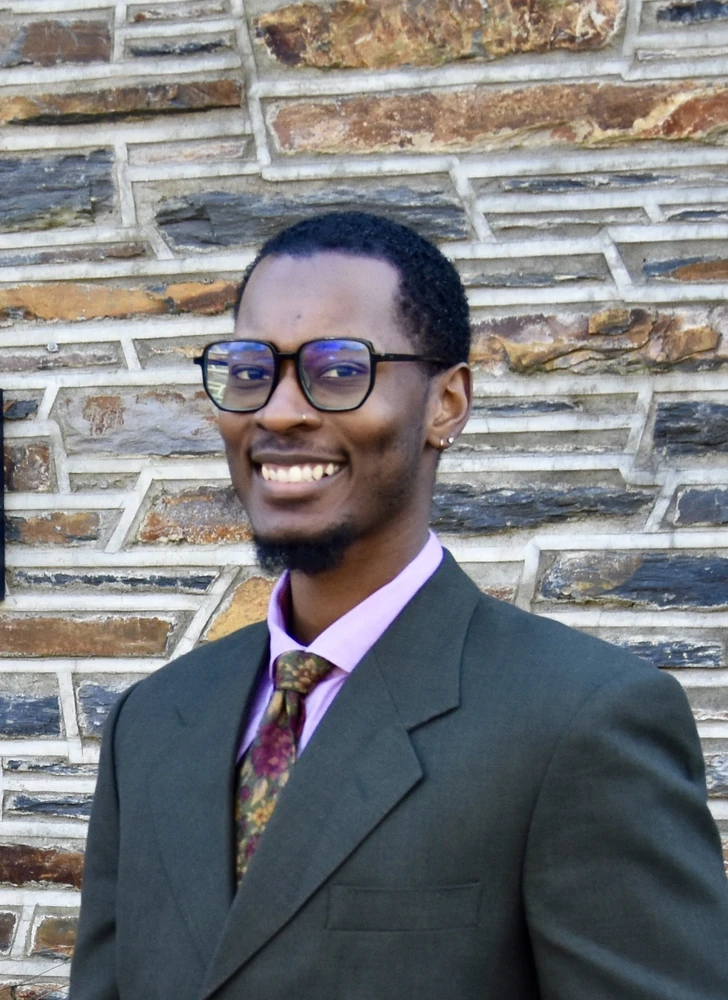
This fall, the Department of History at the University of Illinois Urbana-Champaign will welcome Tayzhaun Glover as an assistant professor. Glover’s research examines movement, slavery, and freedom in the Caribbean.
He’s particularly interested in interested in maritime marronage, which describes the practice of enslaved people using the sea and small boats to remove themselves from bondage and pursue freedom and opportunities elsewhere. His research interests will add to the department’s strengths in Atlantic World, and Caribbean history and fill a gap in colonial French history. Glover described the offer to join Illinois as “the perfect opportunity” and is looking forward to joining a supportive environment.
“Coming to the department and seeing that everyone was really supportive and interested in what I was doing and willing to help, from offering a second eye on an article or tips on how to write a book proposal and all of these things to get me started in the next phase of my career, was super exciting,” he said.
Escaping slavery by sea
His dissertation, "Freedom on the Horizon: Transmarine Marronage and the Abolition of Slavery in Dominica, Martinique, and St. Lucia, 1824-1848," explored the movement of enslaved French men and women after Great Britain abolished slavery, and their conceptions of freedom and refuge, a topic he discovered on a trip to Saint Lucia while a graduate student at Duke University.
Inspiration struck when he stood on top of Moule à Chique lighthouse in Vieux Fort, Saint Lucia with a local historian showing him around the island. She pointed out Saint Vincent, which was clearly visible on the horizon and explained that enslaved people seeking freedom would use canoes and small boats to reach nearby islands.
“That really got my mind going about the idea of movement and small boats and the different dynamics of movement small boats made possible along rural shorelines in comparison to the larger boats common to port cities,” he said. “My dissertation came out of trying to understand those dynamics in the context of the overlapping processes of emancipation in the French and British empire, and how enslaved people navigated these legal regimes in ways that pushed local colonial authorities to respond in various ways”
Connecting Chesapeake Bay to Trinidad
Glover is also exploring the movement of formerly enslaved people in the Caribbean from a different angle. He’s currently a ACE Mellon Fellow working on a project titled “Black Red Coats on the Chesapeake Bay: Freedom Seeking Soldiers from Tangier to Trinidad.” The project explores the history of enslaved people who joined the British army during the War of 1812 to gain freedom for themselves and their families.
After the war, formerly enslaved soldiers and their families were relocated to Nova Scotia or Trinidad. There they formed large communities connected to the Chesapeake Bay region that still celebrate their heritage as the descendants of people who self-liberated today. He said his project seeks to understand the experience of freedom for the formerly enslaved people who were resettled in Trinidad.
The project will create a traveling exhibit that can be hosted at locations in the Chesapeake connected to this history, including places of enslavement, heritage sites, museums, and archives in Southern Maryland and Virginia. There will also be a digital component to the exhibit, and signage for various locations significant to this history. Glover is additionally planning to create teaching material that can be used in K-12 classrooms in Chesapeake.
Glover has enjoyed the opportunity the fellowship has provided to explore how the public engages with history, and how he can tailor his research to appeal to different audiences. He hopes to make public engagement a larger part of his work going forward.
“My interest in history definitely did come from my own family history projects and thinking about my grandparents as storytellers and historians in their own rights,” he said. “Coming into the discipline of history, knowing that there are folks who are outside of academia, who are very much interested in history and thinking about how their stories are relevant to these broader narratives that we're telling has always been very interesting to me and close to my heart. I want to make sure that I always make room for my research to be accessible to these various publics.”
Exploring Caribbean history in the classroom
In the fall, he’ll teach a section of HIST 200: Introduction to Historical Interpretation on the Revolutionary period. He plans for the course to explore questions of slavery and freedom from an Atlantic World perspective. He will also teach courses on race and slavery in the French Caribbean and Atlantic World with a particular focus on the Lesser Antilles. He also hopes to build courses around what he describes as his “nerdy interests” like piracy, sailors, and boats that are tied into larger questions of movement in the Caribbean.
His favorite part of teaching is getting students engaged in the course material and realizing that the questions they’re exploring in class are relevant to today’s world.
“It's always fun when an organic conversation occurs where students begin to explore questions that are too big to answer during the session, or even questions that we can return to later on in the semester with more nuance," he said. "I always love when students get to a point in the semester when they start thinking like historians in their own right.”
When he’s not teaching Glover enjoys browsing vintage flea markets and building wooden 3D puzzles.